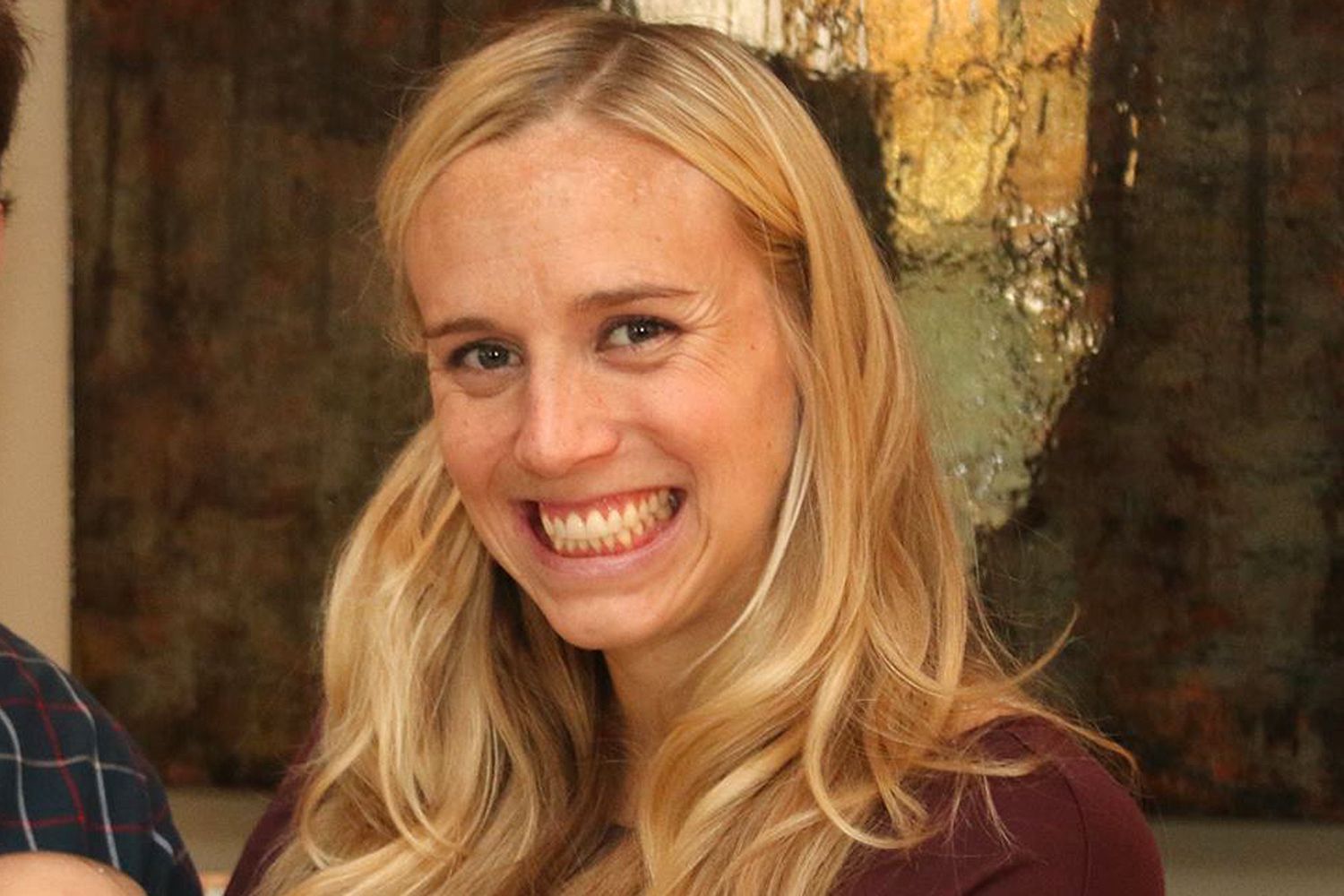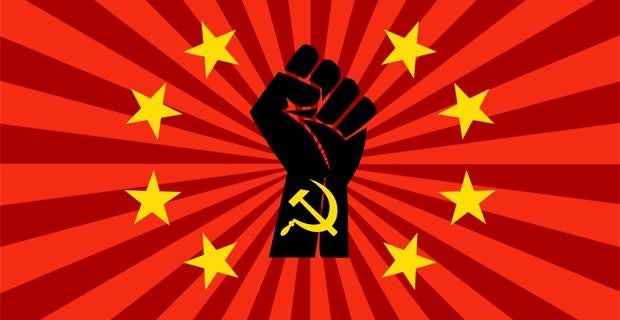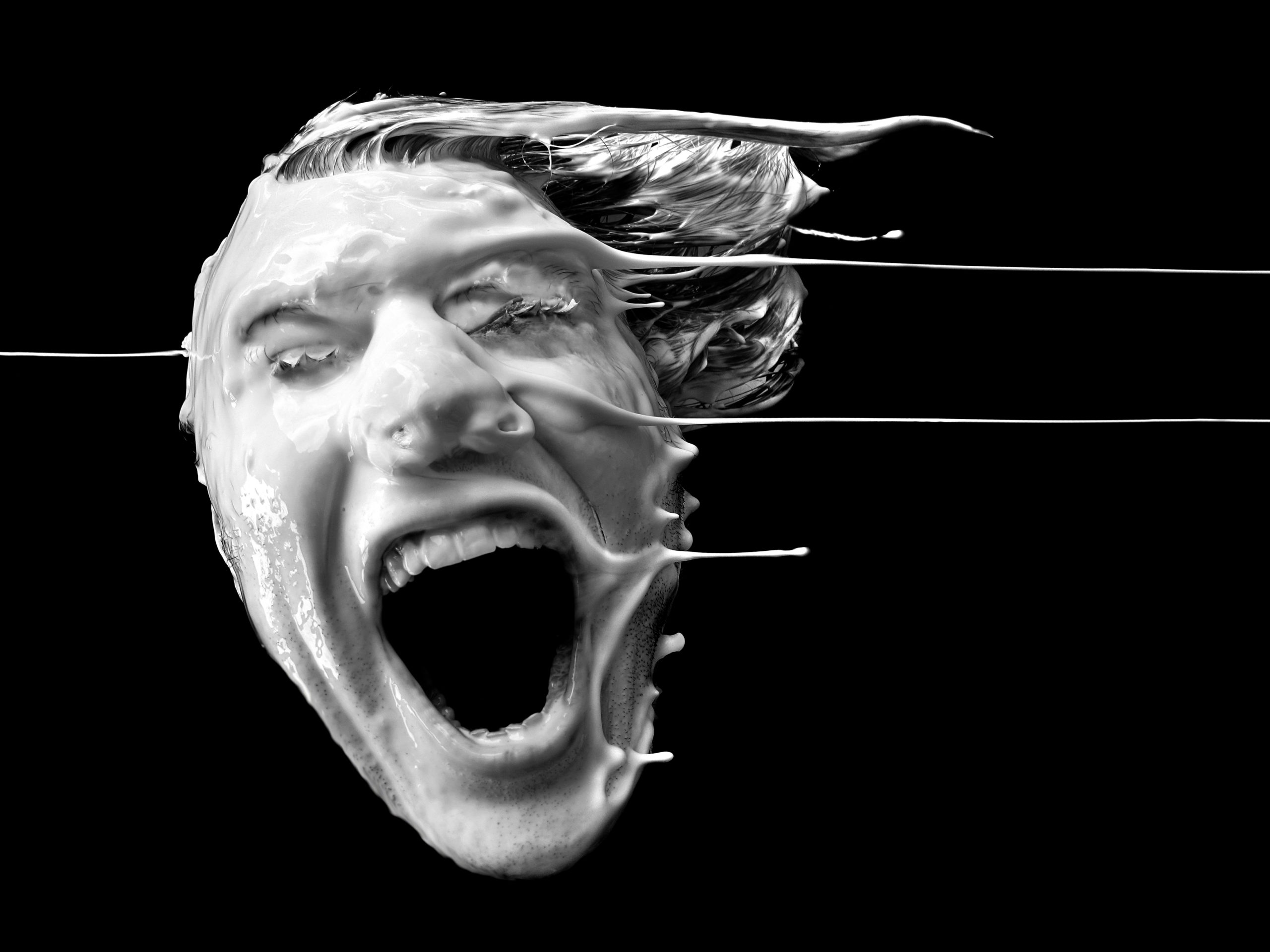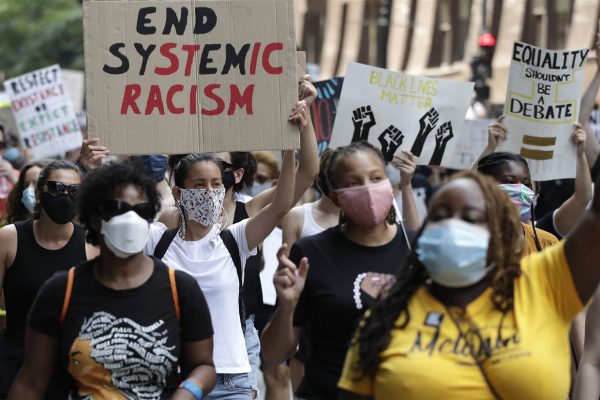The revolution is the point.
Say Her Name

Some victims are more equal than others.
If I were a real MAGA extremist, I’d be able to tell you about a specific murder trend happening in America right now, but I don’t want to get on the FBI terror watch list.
What I can tell you is this: we are living in a real-life version of The Purge. Murders are up at least 44 percent in two years.
For over two years, we heard a long list of murder victims shouted on TV every day. I know by heart the names and murder circumstances of Breonna Taylor, Trayvon Martin, Ahmaud Arbury, George Floyd, Tamir Rice, Eric Garner, and many others.
This new trend is a little different. In fact, I couldn’t help noticing that some particularly gruesome recent killings have been met with a strangely subdued reaction by the mainstream media. Which is weird, because silence is violence.
Crime itself is nothing new. Like many of you, I’ve already been a victim of lots of crimes. Multiple cars broken into overnight, wallets pickpocketed at bars, that sort of thing.
I have also been the victim of a few much scarier crimes. Once, I was robbed at gunpoint. I was alone, walking home just after dusk on a prestigious East Coast college campus. The robber demanded my wallet as he jabbed his handgun into me. He snatched the $20 I gave him and ran away.
Last year, I arrived at a public park to retrieve one of my children from sports practice. As I pulled into the lot, I noticed a group of men hanging around a parked car. My inner systemic racist noticed that they were young, black, dressed like gangbangers, and smoking weed. My inner white privilege told me I should find a different place to park, immediately.
But I convinced myself that there was no way anything bad could happen here, in full daylight, in view of a playground full of kids, so I dismissed my inner “racist” and pulled into the lot.
I called my husband and told him, “I think I just interrupted a gang meetup. These guys look like they have guns.”
He told me to ignore my inner racist. “It’s broad daylight, you’ll be fine.”
Thirty seconds after hanging up with him, I heard the unmistakable sound of gunfire close by. At first I thought I was dreaming. How could my inner racist have been so right? And then I thought, oh no, I was correct in my assumption that these guys were sketchy, and now I’m going to die a “racist.”
The shots were very loud, because they were being fired three feet behind my car. The shooter was crouched down and aiming at the guys who had been standing around the parking lot and were now running for their lives. I watched him shoot one man in the stomach. The victim clutched his guts, screaming, and fell to the ground.
I tried to make myself as small as I could. I learned that you can’t get down very far when you’re stuck in the front seat of a minivan. The shooter kept blasting away, and I called my husband back, this time to say goodbye. He was an hour away, totally unable to help me, and I just managed to tell him what was happening. Then I braced myself in case a stray bullet came through my car, and like the racist that I am, I prayed and waited for death.
When the shooting stopped, there was absolute silence. That was the moment I was most afraid, since I assumed the shooter would be searching for a getaway car, and I was the perfect carjacking prospect, since I’d been the only other person dumb enough to park in the lot. Take another car, I silently begged. Please don’t take this one, with the toddler car seats in it. Do you know how expensive those are?
I heard sirens in the distance. I waited on the floor of my car until a cop tapped on my window. As he took my witness statement he told me, “This parking lot is a gang hangout for the Bloods. What in the world are you doing here?” “Trying not to be racist!” I almost said.
Ah, the Bloods, of course. That would explain why the guys running away had been wearing red, and why the shooter wore a blue baseball cap. (The Bloods are one of the two big L.A. gangs; the other is the Crips. In the 1980s, even white kids from the westside couldn’t go out wearing red or blue, since the Bloods wear red, and Crips wear blue. It is as stupid as it sounds, and if you don’t believe me, go watch the Sean Penn movie Colors.)
My “racism” had tried to warn me, but I didn’t listen. The cop then beckoned for me to get out and look at something behind my car. There were bullet casings all around my car, inches from my tires. “Your car is in the crime scene so we can’t let you leave,” he told me, as another cop strung yellow investigation tape around my parking spot.
My son emerged from the gym with his team. I stared at him and realized that if they had walked out five minutes earlier, it might have been a bloodbath. Rounds had gone through at least two nearby cars, including one containing the parent of a boy on the team, but by some miracle no other innocent people were hurt.
The cop, a Latino guy, advised me to stay away from the park, since it’s near the projects that “the gang controls.” He was telling me to listen to my inner racist! What if I’d pulled up to the parking lot, taken a look at the group of men, and decided not to go in? Would that have been the right thing to do—or the racist thing to do?
As the police officer talked to me, furious people from the neighborhood stood on the other side of the police tape and yelled things like, “Fuck you! Get the fuck out, this is our neighborhood!” Looking back, I probably should have apologized to the polite young man who screamed “white bitch,” since my “racism” is certainly what drew the police to his park that afternoon—it may have even instigated the shooting.
Common Sense is “Racism”
How many times have you been in this situation: someone is following you, or walks into your store, or gets into the elevator with you. You are a woman, and you are alone. You have a bad feeling about it. Maybe you’re a real racist and have read the government’s official FBI crime statistics. You know what you should do, but you can’t, because it will look racist. You let the elevator doors close, and you pray. You continue walking to your car in the deserted underground parking lot, and you don’t dare reach for your pepper spray, because if someone sees you do that, they will think you are…oops, too late, we all know what you are. Racist—and dead.
Unfortunately, the inability to act on raw gut instinct is killing innocent people; especially young white women.
Maybe if 32 year-old mother-of-two Eliza Fletcher had been a little bit more “racist,” she would not have been kidnapped, beaten, raped, and murdered in Memphis last week. A slightly more racist woman might have decided that jogging in darkness through a city with a sky-high murder rate and a woke DA who refuses to keep dangerous predators incarcerated wasn’t a good idea. A slightly more racist woman might have chosen to do a Peloton ride in her living room instead.
Last year, a beautiful young UCLA student named Brianna Kupfer was working all alone in a fancy furniture store in Los Angeles when she was brutally stabbed to death by a man who wandered in. Her gut had told her he was dangerous. She even texted her boss to report that she “was getting a bad vibe” about the killer minutes before he attacked her. Maybe if she’d been slightly more racist, she would have left the store and waited for him to go away. But instead, she dismissed her fear—perhaps because she had been instructed for years to ignore your gut feelings so you don’t look racist—and stayed put.
Brianna was stabbed twenty-six times and bled to death before help arrived.
Her killer was on the run for a week until he was caught. Afterwards, my husband realized he’d seen him in a local corner store the day before! At the time, he thought the guy looked like the killer, whose picture had been on the news, but unfortunately my husband wasn’t racist enough to alert the authorities.
There were no rallies, marches, or protests in honor of Eliza Fletcher or Brianna Kupfer. No one bothered to organize a commemorative riot, or even host an honorary CVS looting in their names. No Target was ceremoniously burned to the ground in her honor. No one screamed “SAY HER NAME!” at a candlelight vigil attended by weeping mayors and city officials. No t-shirts were printed up with their faces on them. The President and Vice President stayed silent. Nancy Pelosi did not kneel for two minutes in silence in the halls of congress. No one held a press conference and said, “Brianna Kupfer looked like she could be my daughter.”
It’s hard to protest a crime if you don’t know who to blame. As I tweeted, feminists are already blaming Eliza Fletcher’s death on toxic masculinity. But female joggers are not catcalled and killed by men angry that you are exercising in shorts. They are killed by violent rapists fresh out of jail looking for easy targets.
In USA Today, a female runner wrote “I didn’t have the same freedom as most male runners…I could never just walk out my door and get some exercise completely free from the indignity of street harassment or the fear of one day, something worse.” The writer interviews someone who mentions a bold solution for female runners. “A man in her running group proposed adding an emergency call box in a popular local park.”
Of course, emergency call boxes in the park! Why didn’t I think of that?
Brianna Kupfer’s name has already been forgotten. Eliza Fletcher’s name will be forgotten soon, except by her devastated family, her newly motherless sons, and racists. After all, these “white hos”—as some young Memphis locals in a commemorative livestream called Eliza Fletcher and Allison Parker, another young woman murdered that week—deserved it. These women were, after all, racists. Every day of their life they’d experienced undeserved white privilege, except on their last day, when, finally, some long-delayed reparations had been extracted by brute force. Allison Parker, a nurse, was even executed in front of one of her three children, who are now orphans.
If I’d been shot last fall as I huddled on the carpet of my minivan, only the racists would have shed a tear. To everyone else, I would just have been another privileged white lady who dared to enter a neighborhood where I should have known I’d be unwelcome.
The only murders that seem to get the big headlines—the ones that trigger tweets from important people like Mark Ruffalo and Katy Perry and LeBron James—are those that involve white school shooters and white police officers. America’s other victims simply do not matter. Another fifty shot in Chicago? That’s just another way to say Saturday. The guns did it, we must hunt down the guns that did it!
When you are a dead member of the out group, your depraved rape and murder gets a shrug and an eye roll, if you’re lucky.
The rush to minimize the crimes against the three young women I mentioned and swiftly memory-hole their names is appalling. They are not alone, of course.
The last two years of “building back better” have brought us an ocean of blood, a veritable murderpalooza raging across the country. Innocent victims of every race and age group have been slaughtered by a relatively small group of young men who always seem to have long arrest records, are newly released from prison thanks to Democrat-funded DAs, and are feeling rested and ready to kill again. Or just crush some kids to death as they march in a Christmas parade.
A mountain of skulls rises up in the public consciousness, but you must not look at it or draw attention to it. To do so is a crime worse than the killing. The lunatic gods must be appeased by daily, yet invisible, human sacrifice, and the mountain of skulls must grow much higher before they are sated. They’re saving a spot at the top for your skull, and those of your children, and your grandchildren. Nothing will stop the terror until its future victims demand it stop.
Brianna Kupfer.
Eliza Fletcher.
Allison Parker.
The list goes on. But don’t you dare say their names—someone might call you a racist.
The American Mind presents a range of perspectives. Views are writers’ own and do not necessarily represent those of The Claremont Institute.
The American Mind is a publication of the Claremont Institute, a non-profit 501(c)(3) organization, dedicated to restoring the principles of the American Founding to their rightful, preeminent authority in our national life. Interested in supporting our work? Gifts to the Claremont Institute are tax-deductible.
First the Jews became whites; then the whites became Jews.
The great self-evident truth of the Left.



